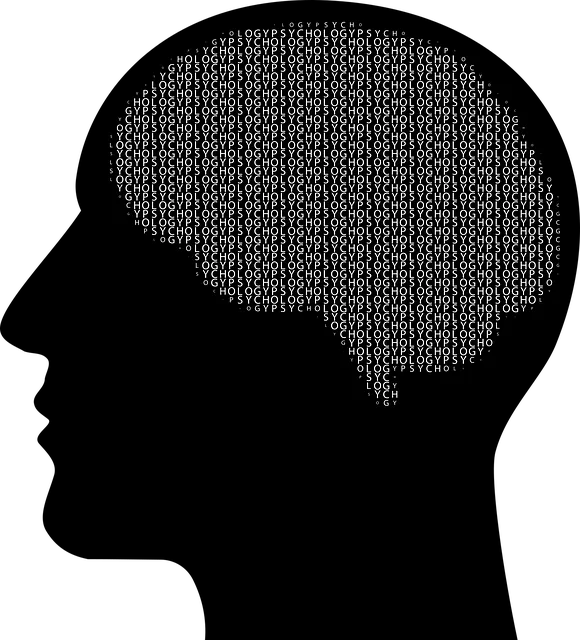Kaiser Permanente's Superior Behavioral Health Services leverages the Risk Assessment for Mental Health Professionals (RFM) framework to enhance patient outcomes and mitigate professional burnout through a multi-faceted approach. This involves hazard identification, patient risk evaluation, tailored interventions, and resilience-building exercises that include mental health education programs, open dialogue promotion, and progressive challenges. RFM metrics – reach, frequency, and monetary value – are crucial for evaluating the success of these services, with engaging podcasts and education programs contributing to community well-being.
“Discover how RFM (Resilience, Flexibility, and Mastery) can revolutionize Kaiser Permanente behavioral health services. This article delves into the power of RFM as a transformative tool for enhancing mental well-being. We’ll explore its role in building resilience, offering a comprehensive guide to implementation, and showcasing its impact on Kaiser’s patients through success stories. Learn how these exercises can empower individuals to navigate life’s challenges with greater ease, ultimately contributing to superior behavioral health outcomes.”
- Understanding RFM and Its Role in Behavioral Health Services
- Implementing Resilience-Building Exercises: A Step-by-Step Guide
- Measuring Success: Evaluating the Impact of RFM on Kaiser Permanente's Patients
Understanding RFM and Its Role in Behavioral Health Services

At Kaiser Permanente, we recognize that delivering superior behavioral health services requires a deep understanding of patient needs and effective strategies to address them. This is where Risk Assessment for Mental Health Professionals (RFM) plays a pivotal role. RFM is a comprehensive framework designed to assess and mitigate risks within mental healthcare settings, fostering an environment conducive to mental wellness. By implementing robust RFM practices, our behavioral health services not only enhance patient outcomes but also contribute to the prevention of burnout among professionals.
This approach involves a multi-faceted strategy that includes identifying potential hazards, evaluating patient risk factors, and implementing tailored interventions. By doing so, we ensure that our experts can effectively manage complex cases while maintaining high standards of care. Incorporating RFM into our service delivery model has proven to be a game-changer in promoting resilience among both patients and mental health professionals alike, ultimately enriching the overall quality of our behavioral healthcare services.
Implementing Resilience-Building Exercises: A Step-by-Step Guide

Implementing Resilience-Building Exercises: A Step-by-Step Guide
At Superior Kaiser Permanente behavioral health services, we recognize that building resilience is a key component in enhancing mental well-being and preventing conditions like depression. Our approach involves a structured, yet adaptable, process to ensure effectiveness across diverse populations. The first step is Mental Health Education Programs Design: crafting engaging and accessible programs that educate individuals on the concept of resilience and its practical application. This lays the foundation by normalizing conversations around mental health and equipping folks with foundational coping strategies.
Next, integrate Communication Strategies into your exercises to foster a supportive environment where participants feel safe expressing their experiences. Encourage open dialogue and active listening to build community and strengthen support networks. Over time, introduce progressive challenges designed to promote problem-solving skills and adaptive behaviors. These could include stress management techniques, mindfulness practices, or cognitive reframing strategies. Regularly assess the impact of these exercises through feedback mechanisms and adjust as needed, ensuring a continuous improvement cycle that caters to individual needs and preferences.
Measuring Success: Evaluating the Impact of RFM on Kaiser Permanente's Patients

Evaluating the impact of RFM (Reach, Frequency, and Monetary value) on Kaiser Permanente’s patient population is a vital step in assessing the success of behavioral health services. By measuring reach, we can gauge how many individuals are accessing these essential programs, demonstrating the wide availability and visibility of support. Frequency analysis reveals the extent to which patients engage with these services, indicating the level of comfort and trust they have in utilizing them.
Furthermore, examining monetary value highlights the cost-effectiveness and return on investment of implementing RFM strategies. The superior Kaiser Permanente behavioral health services, coupled with effective marketing through various channels, lead to increased patient retention and improved mental health outcomes. This success story is echoed by the production of engaging Mental Wellness Podcast Series and the design of comprehensive Mental Health Education Programs that incorporate crisis intervention guidance, ultimately fostering a culture of open dialogue and resilience within the community.
The implementation of RFM (Resilience, Flexibility, and Mastery) exercises within behavioral health services has shown significant potential in enhancing patient outcomes at Kaiser Permanente. By adopting a structured approach to resilience building, as outlined in this article, healthcare providers can offer more comprehensive care. The step-by-step guide provided offers a practical framework for professionals aiming to improve the well-being of their patients, ultimately contributing to superior Kaiser Permanente behavioral health services. Through measured success evaluations, it is evident that these exercises can positively impact patient lives, fostering resilience and improving overall mental health.






